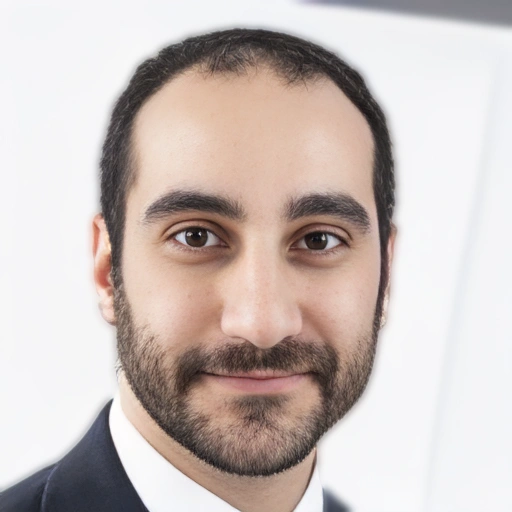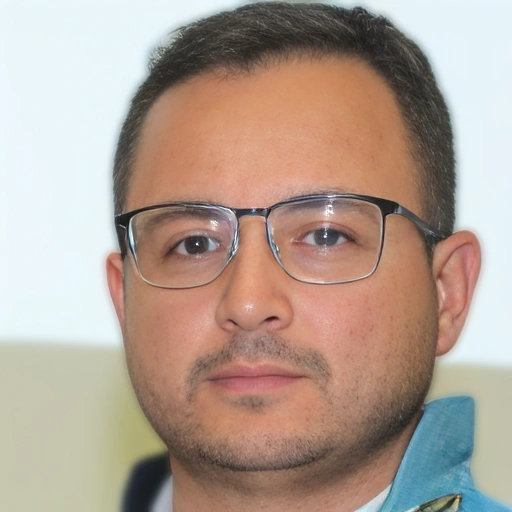The efficacy of pain neuroscience education in patients after total knee arthroplasty: a single blind randomized controlled trial








Yazarlar (9)
Dr. Öğr. Üyesi Abdulhamit TAYFUR
Kırşehir Ahi Evran Üniversitesi, Türkiye
Arş. Gör. Fatih ÖZYURT
Kırşehir Ahi Evran Üniversitesi, Türkiye
Dr. Öğr. Üyesi Muhammed İhsan KODAK
Kırşehir Ahi Evran Üniversitesi, Türkiye
Doç. Dr. Mehmet Fevzi ÇAKMAK
Kırşehir Ahi Evran Üniversitesi, Türkiye

Selçuk Üniversitesi, Türkiye
Doç. Dr. Başak ÇİĞDEM KARAÇAY
Kırşehir Ahi Evran Üniversitesi, Türkiye

Selçuk Üniversitesi, Türkiye
Prof. Dr. Hakkı Çağdaş BASAT
Kırşehir Ahi Evran Üniversitesi, Türkiye
Doç. Dr. Caner KARARTI
Kırşehir Ahi Evran Üniversitesi, Türkiye
| Makale Türü | Özgün Makale |
| Makale Alt Türü | SSCI, AHCI, SCI, SCI-Exp dergilerinde yayınlanan tam makale |
| Dergi Adı | Physiotherapy Theory and Practice |
| Dergi ISSN | 0959-3985 Wos Dergi Scopus Dergi |
| Dergi Tarandığı Indeksler | SCI-Expanded |
| Dergi Grubu | Q2 |
| Makale Dili | İngilizce |
| Basım Tarihi | 12-2025 |
| Cilt No | 41 |
| Sayı | 12 |
| Sayfalar | 2513 / 2523 |
| DOI Numarası | 10.1080/09593985.2025.2526025 |
| Makale Linki | https://www.tandfonline.com/doi/epdf/10.1080/09593985.2025.2526025 |
| Özet |
| Introduction: Pain Neuroscience Education (PNE) is an intervention promoting patients’ understanding of the chronic pain better and changes maladaptive thoughts that could limit recovery. Psychological risk factors are predictive of increased pain and disability in people after total knee arthroplasty (TKA). Objective: The study aim was to investigate the efficacy of PNE on clinical outcomes compared to a standard physiotherapy program in patients after TKA. Methods: A total of 34 participants were randomly assigned to either an experimental (standard physiotherapy program + PNE) or a control group (standard physiotherapy program only). After all participants had undergone routine post-operative care, the study intervention began 4–6 weeks post-surgery, at which point patients were assessed, and then followed for a 6-week treatment program. Outcomes assessed included pain severity, disability, function, pain catastrophizing, anxiety, depression, kinesiophobia, and quality of life. Results: A statistically significant and clinically meaningful change from baseline was observed for kinesiophobia [p =.003, (pre-treatment: Mean Difference (MD): −2.05, 95%CI: −9.58, 5.46), (post-treatment: MD: 4.86, 95%CI: −2.33, 12.07)] and the mental component of quality-of-life [p =.006, (pre-treatment: MD: 1.45, 95%CI: −3.85, 6.76), (post-treatment: MD: −10.20, 95%CI: −15.69, −4.71)] in favor of the experimental group at the end of the treatment. No significant difference was found between groups for the remaining outcomes (p >.05). Conclusion: The combination of PNE and a standard physiotherapy program effectively reduces kinesiophobia and improves the mental component of quality-of-life in patients after TKA. However, no significant clinical effects were observed in pain or physical function. These results suggest that PNE is a valuable adjunctive strategy to address psychological aspects, highlighting the value of combining educational and physical strategies to enhance post-operative rehabilitation outcomes. Trial registration in ClinicalTrials.gov: NCT05928351. |
| Anahtar Kelimeler |
| biopsychosocial | education | knee replacement | neuroscience | osteoarthritis | Pain |







